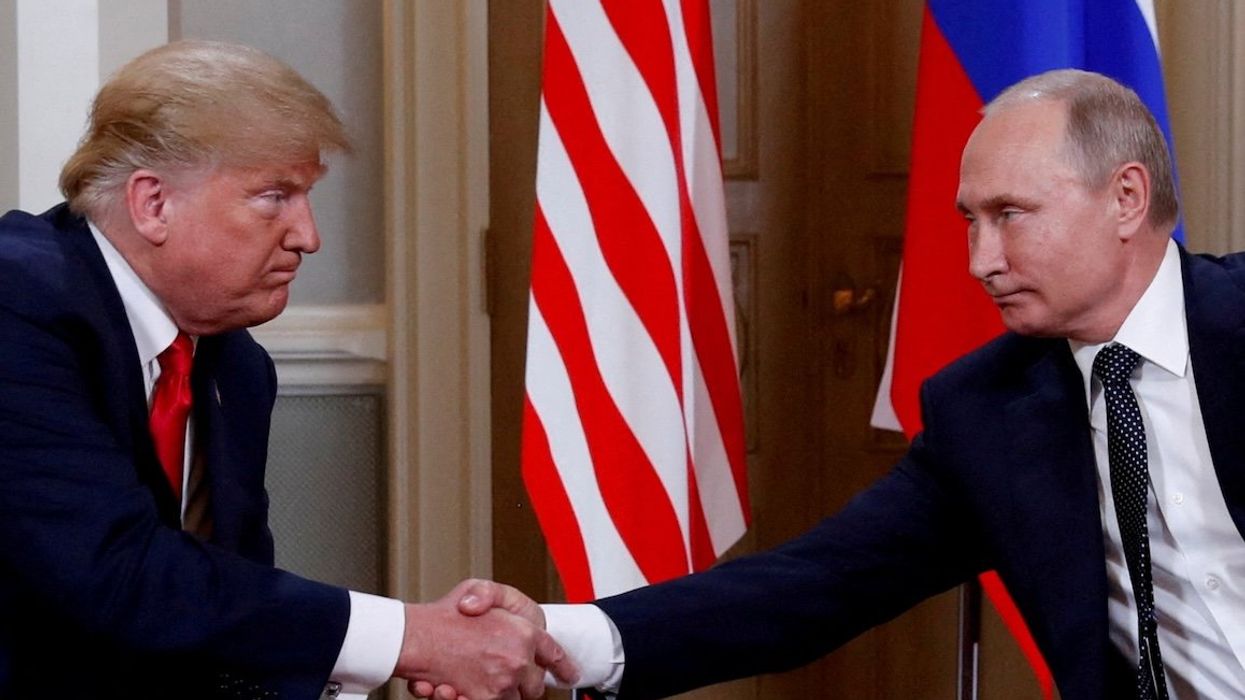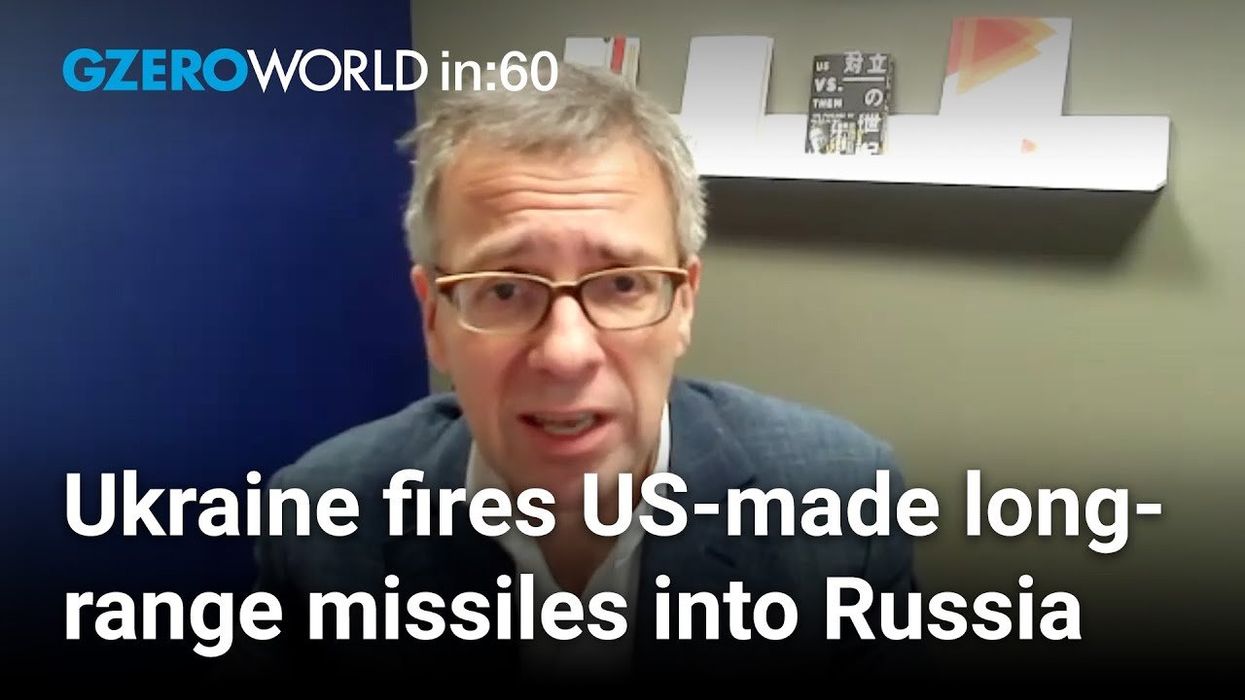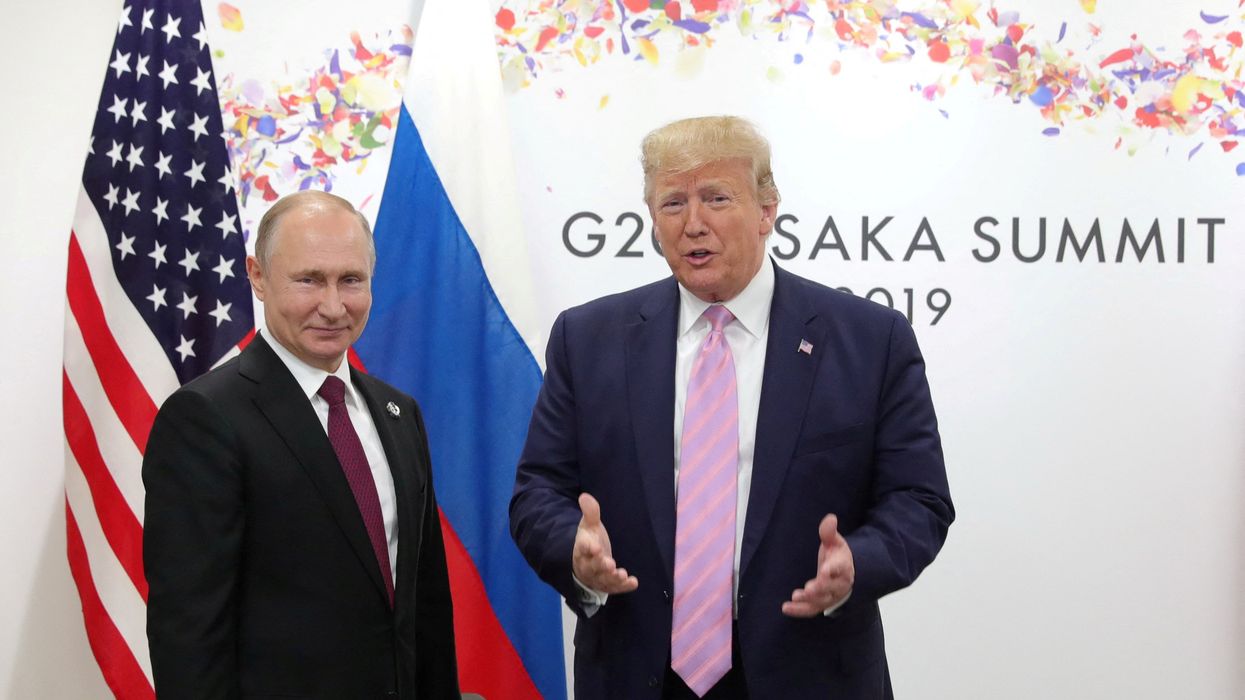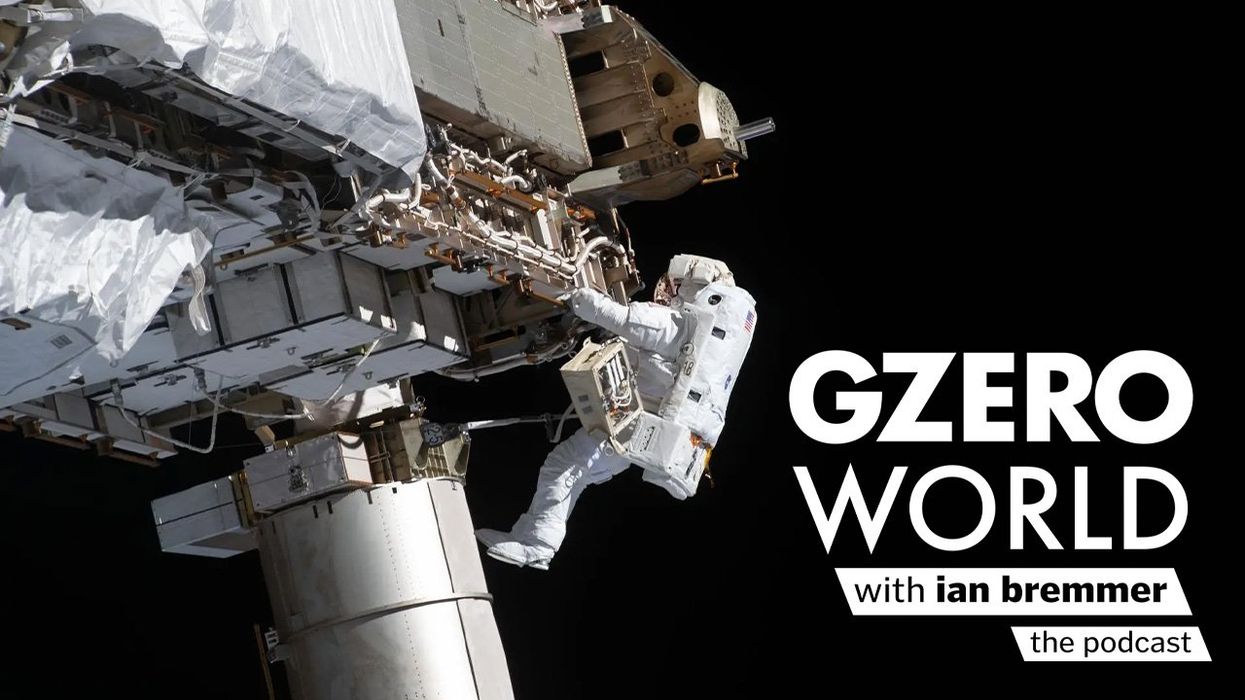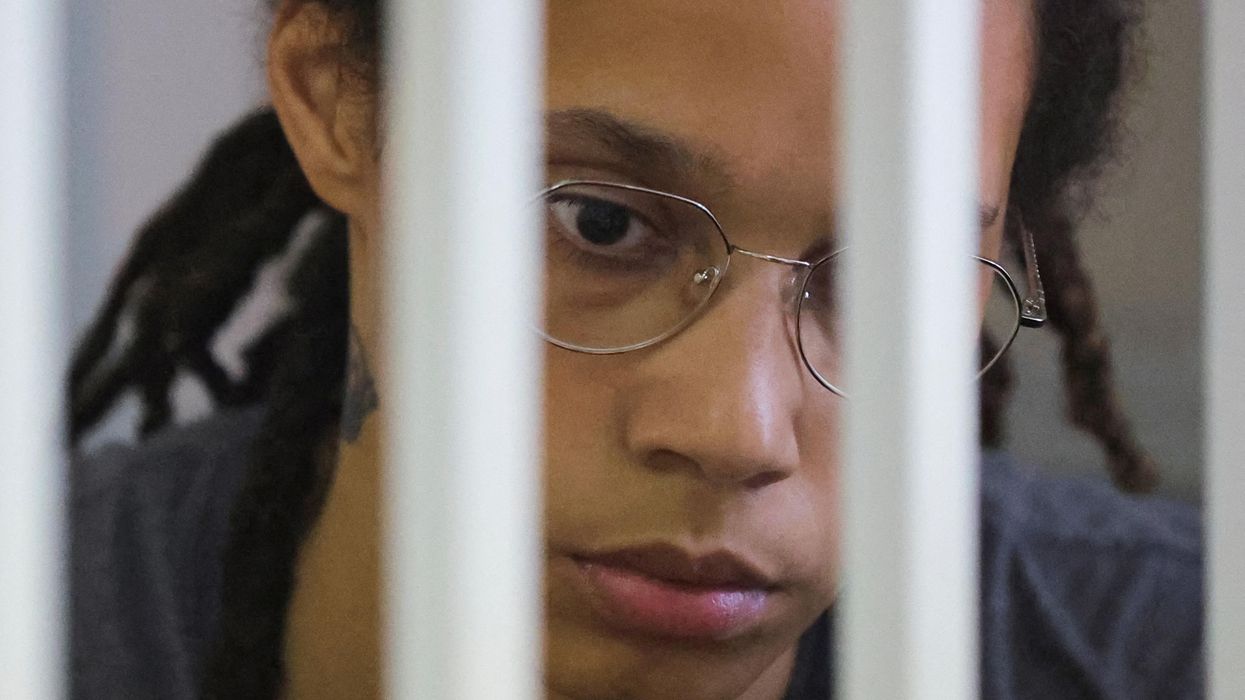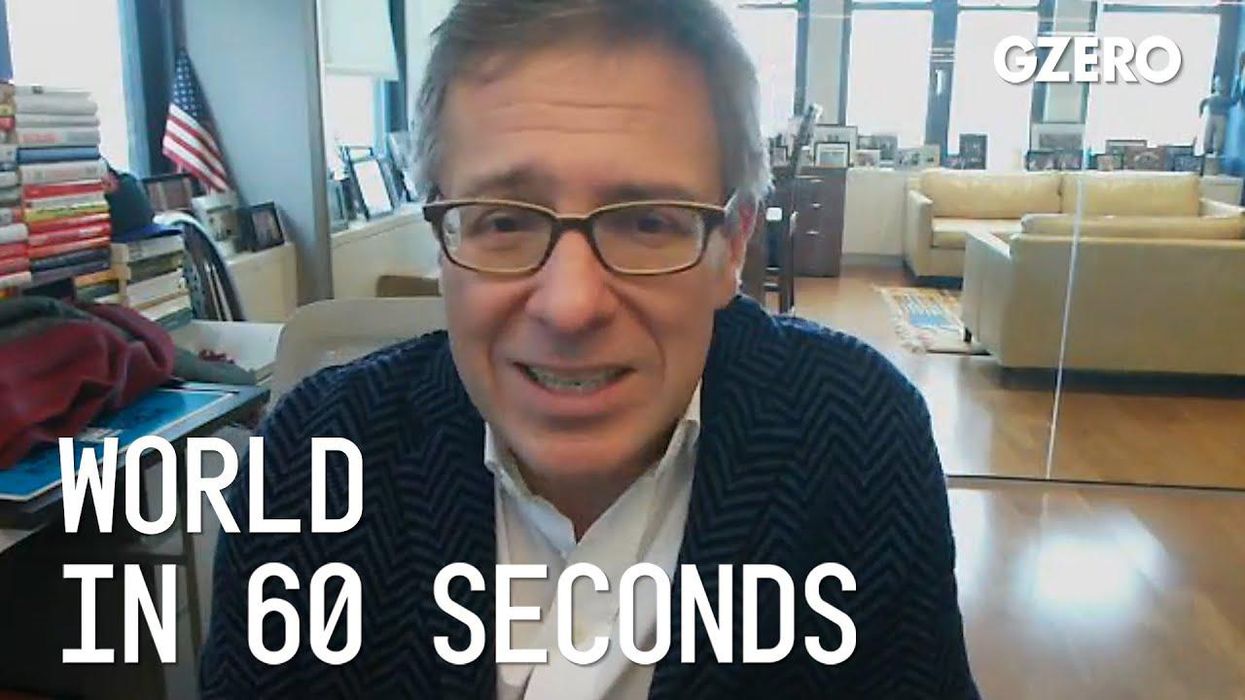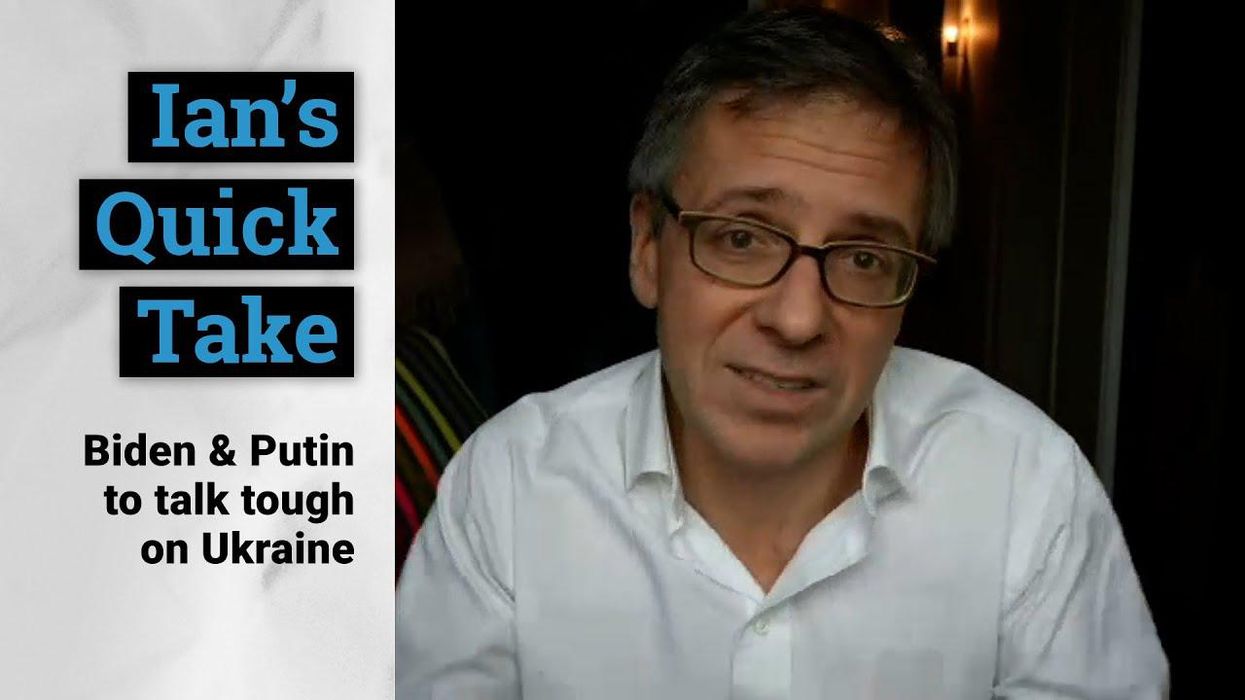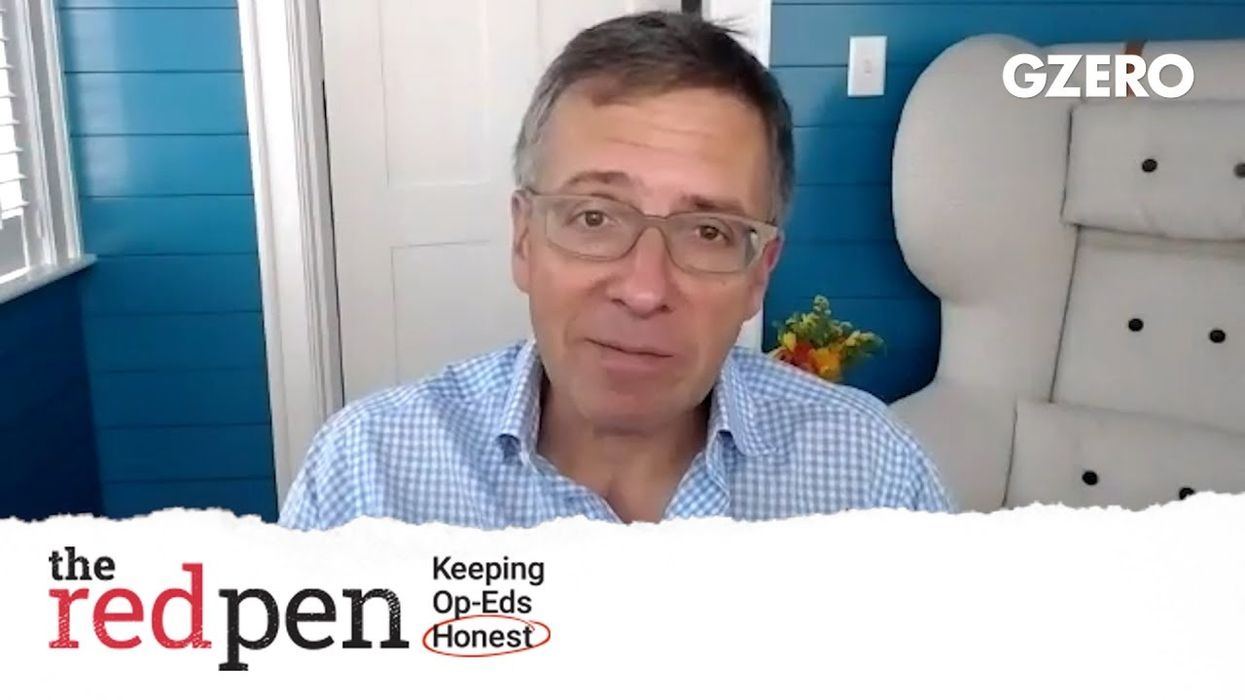GZERO North
Trump embraces Russia, attacks Ukraine
At the end of the first month of his second presidency, Donald Trump moved toward a warm new relationship with Russia, a 180-degree pivot that created a horrifying situation for Ukraine and may undo all of the United States’ long-standing security alliances.
Feb 20, 2025
